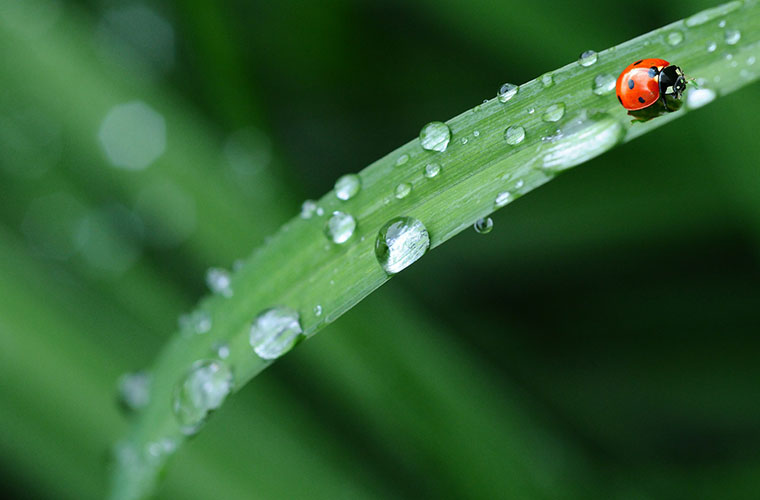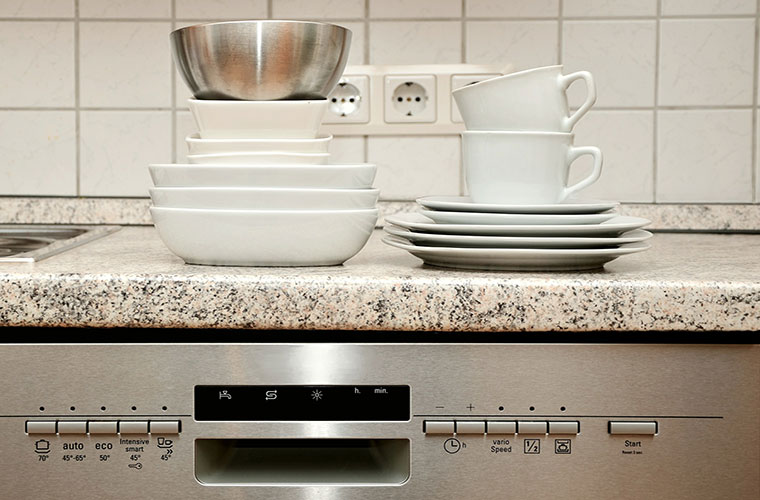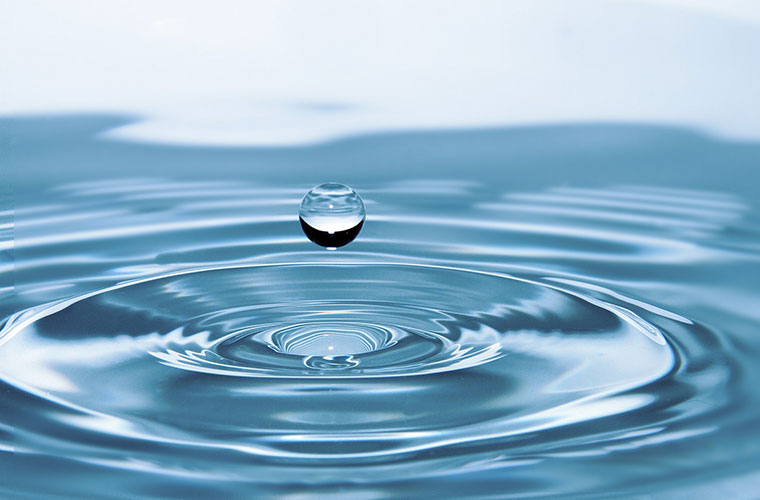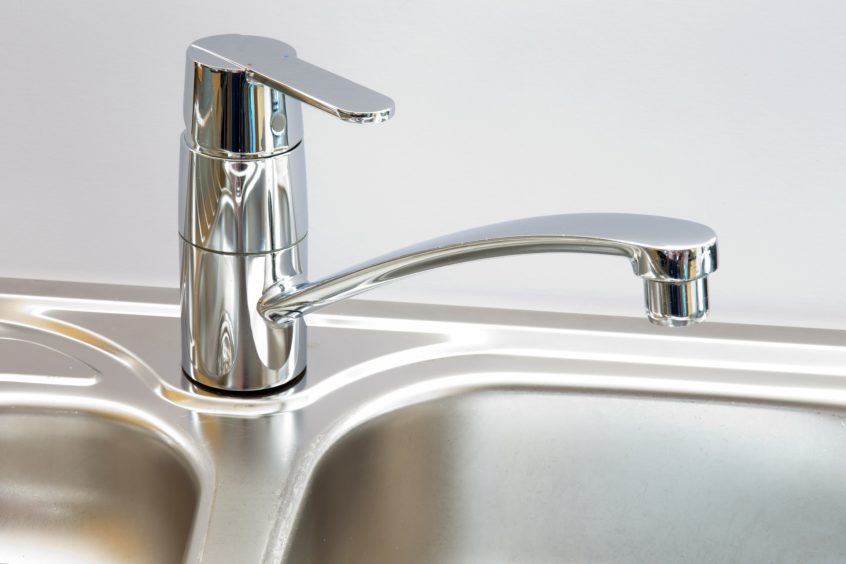Hard water vs soft water
If you live in the East Anglia area, including Norfolk and Suffolk, you will be well aware that the water running into your home is hard water. The scum marks on your sinks and surfaces and the extra cleaning products you have to use are all give away clues. The good news is that water filters and softeners can remove most of the problems of hard water.
Before you take the plunge and install a water filter system in your home, you may want to have a deeper understanding of the answers to a few key questions such as, ‘What is hard water?’ ‘Is hard water bad for you?’ and ‘How can I get rid of hard water stains?’ If you are contemplating hard water vs soft water read on; we explain below how hard water can affect your health, home and everyday life.
What is hard water?
Hard water is a matter of geology, which is why the only real solution to hard water stains and other hard water problems is to install a water softener. When water flows over certain types of rock, some of the minerals such as magnesium and calcium that these rocks contain are dissolved into the water and carried, through treatment plants, into your home. In the UK, minerals in rocks such as limestone and chalk often cause regional hard water and the combination of minerals formed is known as limescale.
Hard water vs soft water, which is better?
People who live in soft water areas sometimes find it difficult to understand the issues which hard water can cause. The important thing to remember about hard water is that it contains a larger amount of dissolved minerals than soft water. Rain water is the softest water that you can find because it hasn’t yet come into contact with mineral bearing rocks.

When it comes to drinking, some people prefer hard water because of the minerals it contains and the resulting taste. However, this is probably the only advantage of hard water vs soft water because of the issues with unsightly residue and cleaning products that the dissolved minerals can cause.
Is hard water bad for your health?
It is important to note that drinking or using hard water does not present a serious risk to health and that there is slight chance harder water containing very high levels of minerals could contribute to our dietary needs.
However, whilst studies on the relationship between hard water and a number of medical conditions have generally been inconclusive, exposure to hard water is considered to be a factor is some occurrences of skin conditions such as atopic dermatitis (eczema). A study by the University of Sheffield and King’s College London showed that skin exposed to hard water can suffer a damaged skin barrier and therefore experience increased threat from bacteria, sunburn or exposure to irritants in daily washing products.
This study also found that the removal of calcium and magnesium ions such as takes place in an ion exchange water softening system, can help prevent adverse reactions to these threats.
What are hard water stains?
Hard water stains occur when deposits of the minerals that are dissolved in hard water mark or discolour surfaces with which they come into contact. Typical hard water stains include brown rings in bathrooms, crusty markings where water has flowed, powdery film on crockery or glassware and persistent blue-green rust on brass or copper.
 Removal of hard water stains is possible through the use of proprietary chemical products or home remedies such as vinegar but the only way to prevent these irritating marks and deposits from reoccurring is to treat the water in your home or business before you use it, through the installation of an effective water treatment system.
Removal of hard water stains is possible through the use of proprietary chemical products or home remedies such as vinegar but the only way to prevent these irritating marks and deposits from reoccurring is to treat the water in your home or business before you use it, through the installation of an effective water treatment system.
Does living with hard water cost me money?
Because the mineral deposits in hard water greatly reduce the foaming effects of cleaning products and personal hygiene products such as shampoo and shower gel, over a year a hard water household will purchase more of these than a similar sized household in a soft water area.
However the costs of living with hard water can go further than this as the build up of limescale in your boiler and water pipes can reduce both their efficiency and their working life. As mineral deposits build up, more energy is required to heat up the water in your heating system. This effect will increase over time unless you take steps to soften the water.
The impact of hard water vs soft water on appliances such as boilers, washing machines and dishwashers is tangible and untreated hard water has the capability to reduce the lifespan of all of these. For those of you who are environmentally minded, it is worth noting that untreated hard water can increase the carbon footprint of your home because more fossil fuels will be required to heat it.

Will a water softening system solve my hard water problems?
The answer to this question is an unequivocal yes but, because each home or business has different water softening requirements, it pays to get the experts in. At Hart Water we believe in the individual approach and will take time to talk to you and find out exactly what your hard water issues are and how our water softening systems can help to solve them.
We offer competitive pricing on a range of filters, taps and water softeners including installation, service and repair. For a no obligation talk with our team please get in touch today.
- Water Softener Size Guide: How to Select the Perfect Fit for Your Home or Business - February 25, 2025
- Under Sink vs Whole House Water Filters: The Complete Homeowner’s Guide - November 27, 2024
- 7 Surprising Ways Water Softeners Transform Your Skin: Unveiling the Secret to Radiant Complexion - July 17, 2024

